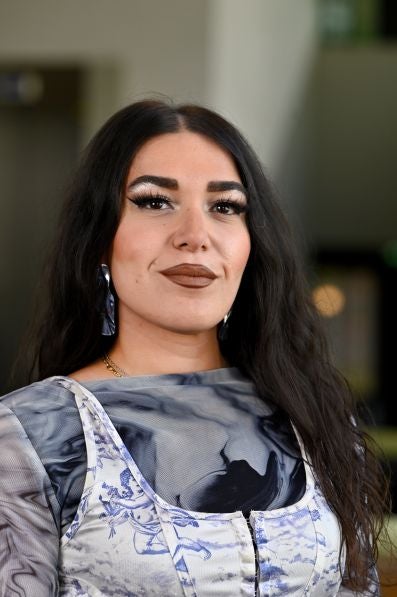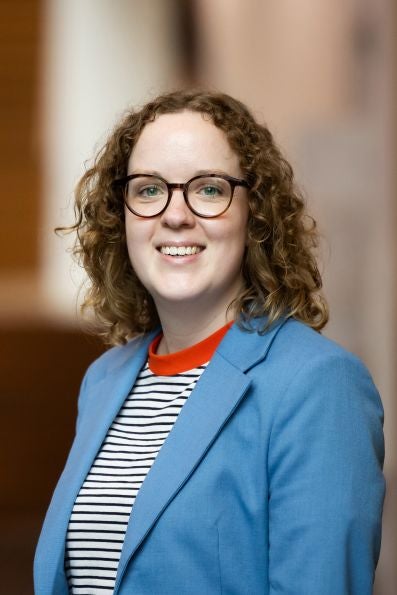Course description
The traditional North-South divide in international development is losing relevance as global challenges such as resource scarcity, newly emerged inequalities, food security threats, global warming, migration issues, and armed conflicts now affect both developed and developing regions. Furthermore, globalisation has given rise to complex societal issues that require collaboration among diverse actors, leading to multi-stakeholder cooperation. However, this approach assumes that assembling the right stakeholders will automatically yield solutions, neglecting power imbalances and diverse interests that can lead to exclusion or domination of less powerful actors. Despite increasing collaboration, many development actors still view social change as a linear, controllable process. Organisations are now assessed based on their performance and value for money rather than good intentions. However, the intricate and unpredictable nature of development challenges calls for new and innovative ways to understand, manage, and evaluate development processes and outcomes.
The course intends to provide insights into the complexities of international development from various such as Education, Rule of Law, Health and Food Security. We will further zoom in on cross-cutting phenomenon like migration, conflicts, digitalization and newly emerging inequalities as key challenges that shapes current state and present the situation through local cases of Kenya, Ethiopia, Lebanon, Ukraine, Indonesia etc.
In this course we focus on the Global South, i.e. the economically disadvantaged regions, and how people can empower themselves to improve their well-being and tackle the inequalities and global challenges we are facing. From a global perspective we will discuss the UN’s Sustainable Development Goals (2016-2030) including the position and role of the Global North.

